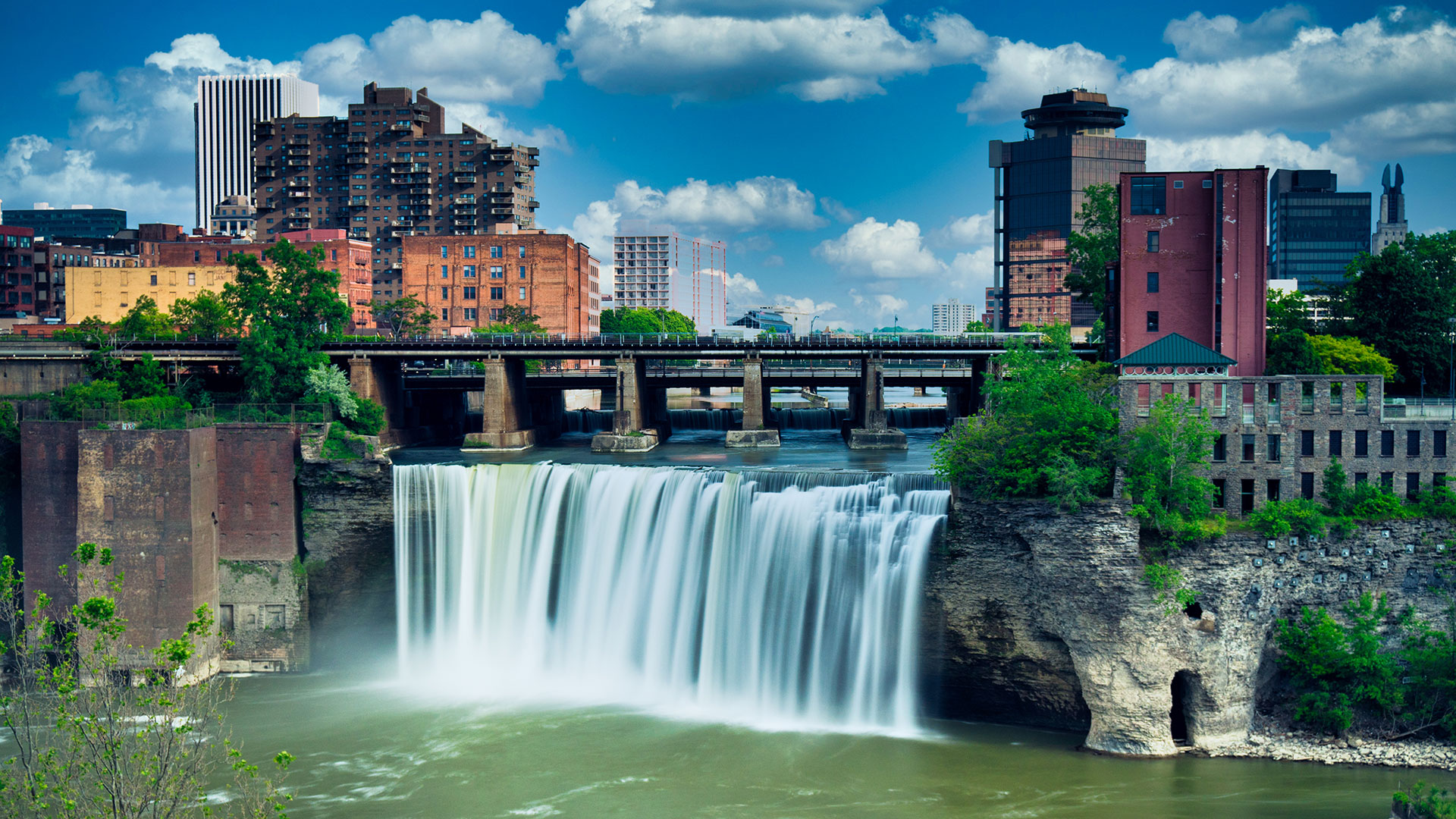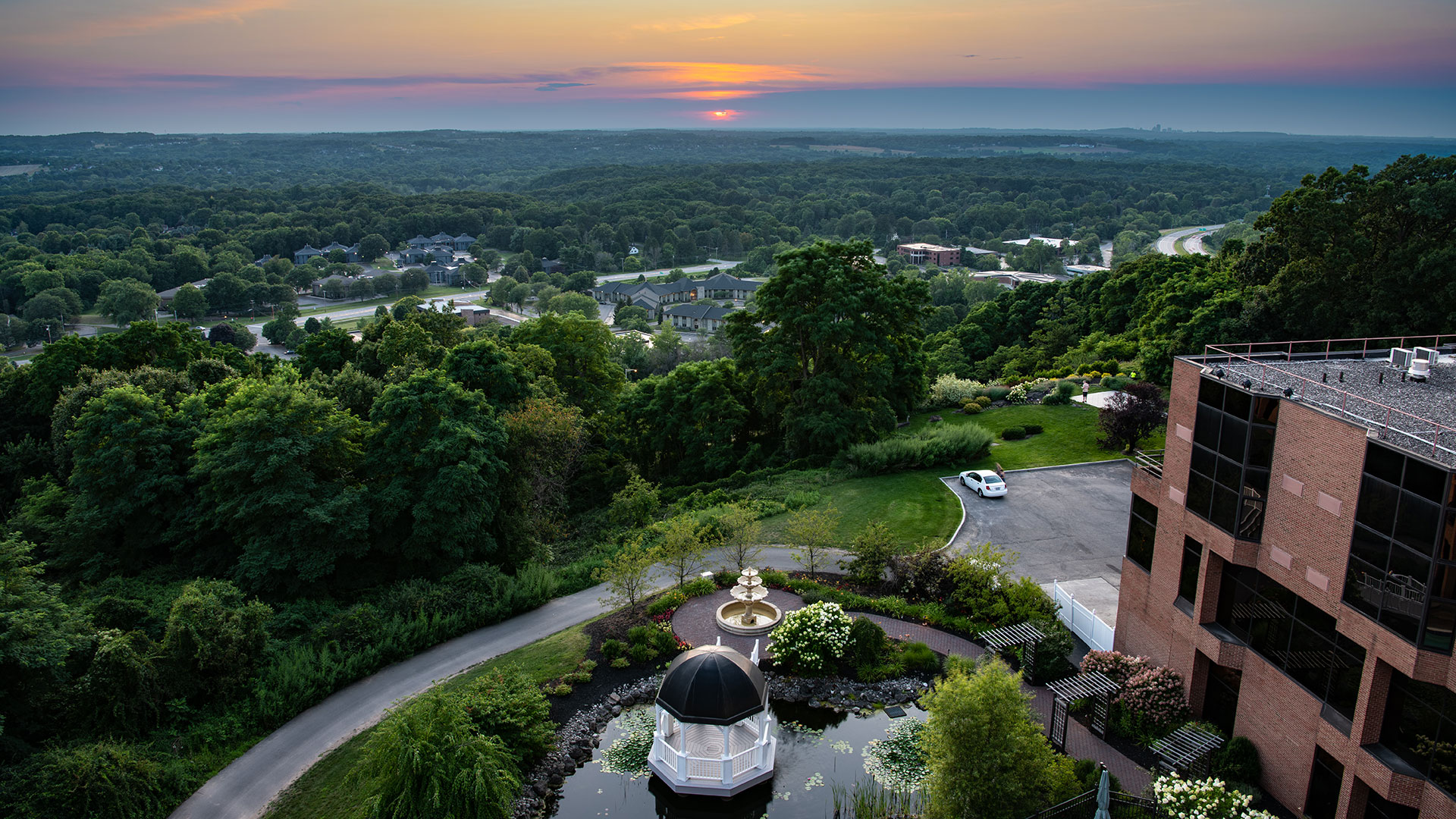Exploring Rochester’s Civil Rights Legacy
Rochester has a significant place in the history of civil rights and the abolition movement. It was a crucial stop on the Underground Railroad for those seeking freedom before making their way to Canada. The city also boasts a rich history of African American residents who have made lasting contributions to the culture of the United States since its incorporation in 1834. Notably, Frederick Douglass, an abolitionist, author, and ambassador, called Rochester home for 25 years, from 1847 to 1872.
Begin Your Journey:
To begin your exploration of Rochester’s African American history and its civil rights legacy, consider these key points of interest:
Underground Railroad Tours
Explore the city’s history with an Underground Railroad tour in downtown Rochester, guided by AKWAABA Tours. Follow the Heritage Trail that winds its way through downtown, revealing important landmarks in the city’s history.
Frederick Douglass’ Legacy
Discover historical markers denoting significant events in Frederick Douglass’ life during his time in Rochester, including his Highland Farm off South Avenue and his former home on Alexander Street. Visit the Frederick Douglass Monument in Highland Park, an eight-foot likeness of this influential advocate for freedom and women’s rights. This statue was the first of its kind in the country to honor an African-American figure. Nearby, in Mount Hope Cemetery, you can pay your respects to both Frederick Douglass and Susan B. Anthony.
Replicas of the Douglass Monument
In 2018, thirteen replica statues of the Frederick Douglass Monument were installed at various locations significant to Douglass’s life in Rochester. Each statue installation features a QR code that provides additional information about the site and the Douglass legacy, as well as a map leading you to the other Douglass statues.
“Let’s Have Tea” Sculpture
Be sure to visit Susan B. Anthony Square to view the “Let’s Have Tea” sculpture, which portrays a tea meeting between Douglass and Anthony. These famous abolitionists and suffragists, close friends, are celebrated for their shared dedication to social justice and civil rights.
Memorial African Methodist Episcopal (AME) Zion Church
Explore the Memorial AME Zion Church, where pieces of Douglass’ life and work are celebrated. The original church’s basement was home to Douglass’ North Star newspaper, and the congregation played a crucial role in both local and national history. Today, the congregation worships at 549 Clarissa St.
The Underground Railroad Exhibit
Delve into Rochester’s connections to the Underground Railroad with a visit to the Rochester Museum & Science Center’s permanent exhibit, “Flight to Freedom: Rochester’s Underground Railroad.” Discover how the city served as a hub and gateway for thousands of freedom seekers on their way to northern states and Canada.
Contemporary Vibrancy
Beyond its historical roots, Rochester continues to celebrate its African American heritage through annual festivals, vibrant arts and culture, and a thriving theater scene. Explore the Sankofa Theatre Festival, Bronze Collective Theatre Fest, and enjoy performances at local theaters like the MuCCC Theater and the Avenue BlackBox Theatre.
Rochester’s rich history and vibrant cultural scene make it an ideal destination for those interested in exploring the nation’s civil rights heritage. In addition, the city’s continued influence on the arts, both nationally and internationally, ensures a wealth of experiences to enjoy during your visit.





